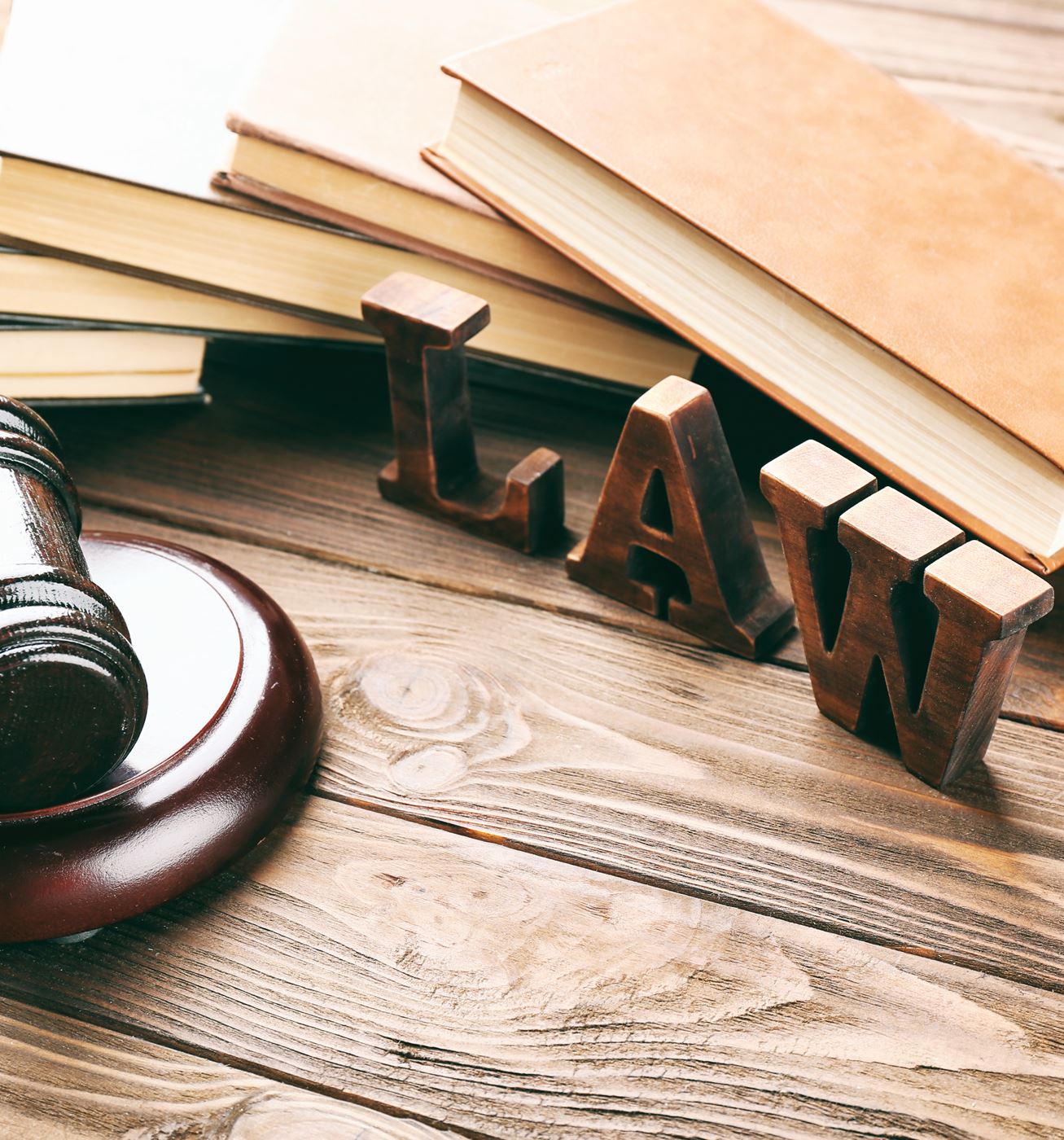Get a court order that directs another party to fulfil or avoid a specific action – even in time-sensitive situations.
Protect and Enforce Your Rights
An injunction is a court order that legally forces another party to do or not do something.
Injunctions can help you hold people to contracts they’ve made, stop people from sharing information, or preserve the status quo until a court appearance.

Property Settlement Injunctions

Parenting Orders

IP Injunctions

Enforcement of Contract Injunctions

Employment Injunctions

Confidential Information Injunctions

Probate Caveats

Personal Safety Intervention Orders

What Is an Injunction?
An injunction is a court order that compels a party to do something (a prescriptive injunction) or forbids them from doing something (a restrictive injunction).
Injunctions are often used as a way to temporarily prevent people from doing something until a permanent court decision can be made.
Injunctions can be found across all types of law, including commercial law, family law, Wills and estates law, IP law, and employment law.
Different Types of Injunctions

Interlocutory Injunctions
Interlocutory injunctions aim to keep things as they are until a more permanent order can be made following legal proceedings.

Interim Injunctions
Interim injunctions, unlike interlocutory orders, are made for a set period of time (rather than until a court hearing), after which they’ll be subject to a review hearing.

Permanent Injunctions
Permanent injunctions exist forever unless overturned, and are put in place as the result of legal proceedings.

Prescriptive/Restrictive Injunctions
Injunctions are either prescriptive (forcing someone to do something, like following a contract) or restrictive (forcing someone to not do something, like releasing confidential information).

Freezing Orders
Freezing orders or Mareva injunctions are a type of interlocutory injunction that ‘freezes’ some or all of a person’s assets, preventing their sale or transference.

Anton Piller Orders
Anton Piller orders are like police warrants for civil matters – one party is given permission to go onto another party’s property to seize evidence.
What Is an Urgent Application?
An application for an injunction is considered ‘urgent’ when a party is taking or is likely to take an action that will result in harm or loss in the near future.
These might include things such as:
- an ex-spouse threatening to sell assets during a divorce;
- an employee attempting to leak confidential information; or
- a parent attempting to take their child overseas without the other parent’s consent.
Normally, a court official will be the arbiter of whether an application is truly urgent or not.
In situations where an application is urgent, you might be able to get an injunction on the same day, even outside of court hours.
Talk to our experienced Vcat lawyers in Melbourne about lodging an urgent application or preparing an injunction crisis plan for a worst-case scenario.

Applying for an Injunction
1. Contact Your Lawyer
Your lawyer will help collect the evidence for your matter and decide what type of injunction is most likely to get you the outcome you want.
2. Prepare an Affidavit
An injunction requires an affidavit that supports your application – the circumstances, relevant documents, and communications between parties.
3. Submit an Application
Different courts have different application processes.
The Supreme Court, for example, requires your lawyer to contact court officials to schedule a hearing.
4. File Your Application
After you’ve received a date and time for your hearing, your lawyer will formally file the originating motion, summons (if required), affidavit, and outline of submissions.

INJUNCTION APPLICATIONS TO VCAT
The Victorian Civil and Administrative Tribunal (VCAT) hears matters relating to things like guardianship, landlord disputes, and construction.
If you have a VCAT matter where an injunction is required, you can apply for an interim injunction or a permanent injunction.
For example, you could get an interim injunction to stop your neighbour from damming a creek or chopping down a tree on your property.
To get an interim injunction through VCAT, you need to show that:
- your matter is serious;
- you will suffer damage that money can’t compensate; and
- the potential damage to you is greater than the damage caused to the other party by the granting of the injunction.
Incorrectly applying for a VCAT injunction can have financial consequences, so always make sure you speak to an experienced Vcat lawyer in Melbourne before lodging an application.
Success Stories
Practical Guides to Injunctions
Understanding how injunctions work is helpful if you’re dealing with commercial or family law matters.
Learn more with our library of easy-to-read articles and guides.
Injunctions and Urgent Applications FAQs
How quickly can you get an injunction?
The amount of time it takes to get an injunction varies widely based on what type of injunction you’re applying for, which court you’re applying to, and the circumstances surrounding your application.
For example, if you applied to VCAT and the situation was very urgent, you might get an ex parte injunction – where the other party is not present for the hearing – the same day. Ex parte injunctions typically last a few days, and are designed to preserve the status quo until a proper hearing with the applicant and respondent present can be held.
Applications for other types of injunctions might normally take two to three weeks to be processed and for a hearing to be scheduled.
When will the Court not grant an injunction?
There are some situations in which you may be unable to collect a debt.
- If the debtor (an individual) has declared bankruptcy
- If the debtor (a company) has been liquidated
- If you can’t prove how much you’re owed
- If the debt belongs to someone other than the person you’re contacting
- If six years have passed since the debtor last paid or confirmed the debt, and there’s no court judgment against them
The best way to make sure your debtors pay what they owe is to regularly contact them about payments and keep clear, consistent records that prove who owes what. If you’re struggling to collect a debt or the debtor is threatening to complain to regulators, talk to our team of the best Vcat lawyers in Melbourne.
Can an injunction be challenged?
Yes, you can generally appeal an injunction in the Court of Appeal, a division of the Supreme Court of Victoria. The Court must give you permission to appeal – you’ll need to prove that your case has a reasonable chance of success.
Appealing an injunction, freezing order, or Anton Piller order must be done within 28 days of the original decision. If the time limit has passed, your lawyer may be able to appeal by first applying for an extension of time (which the Court may not grant).
The best way to appeal an injunction is to make an appeal plan with your lawyer before you go to court. That way, if the Court doesn’t find in your favour, you and your legal team can work quickly to file a strong, well-supported appeal within the 28-day time limit.





